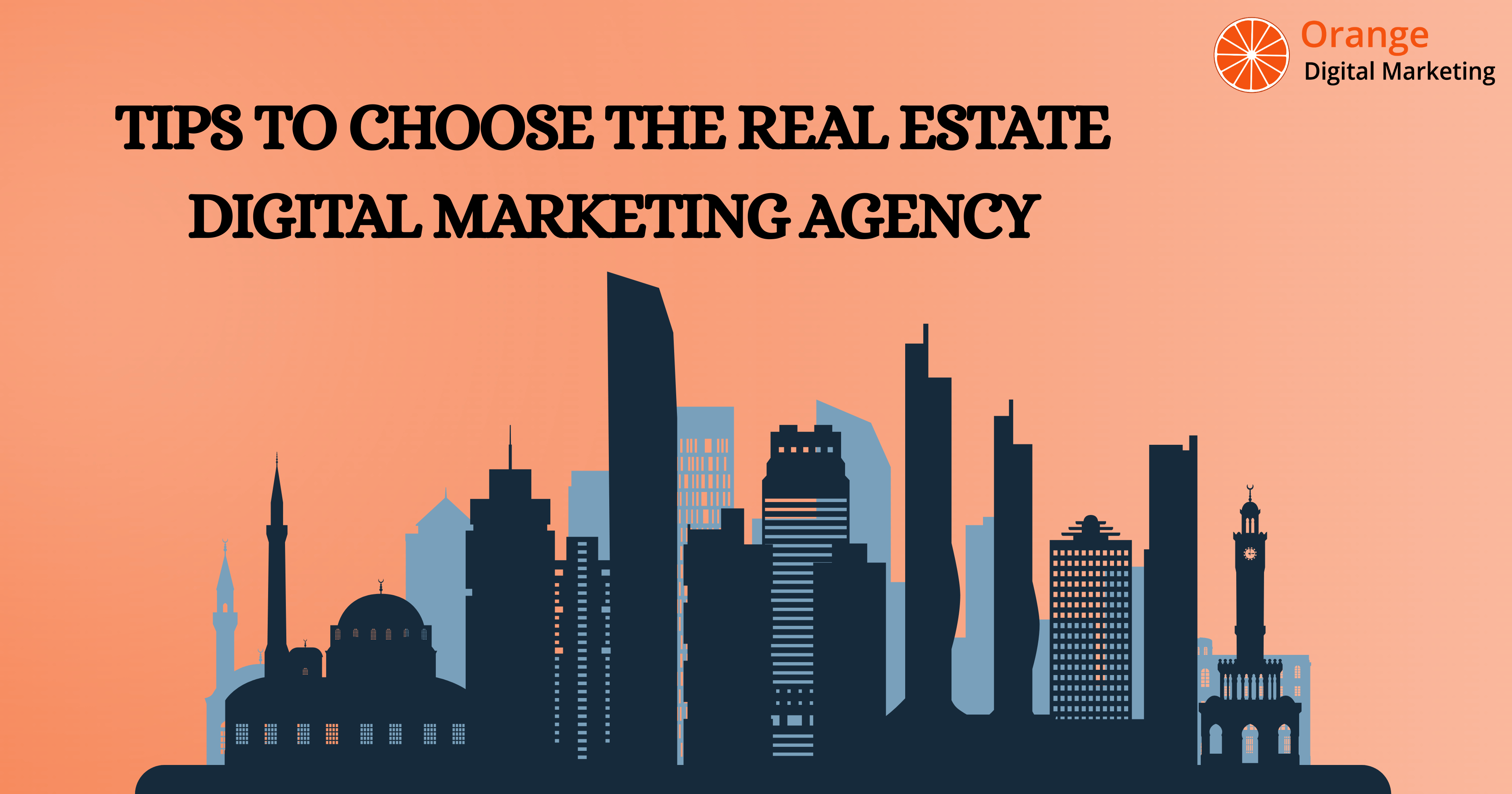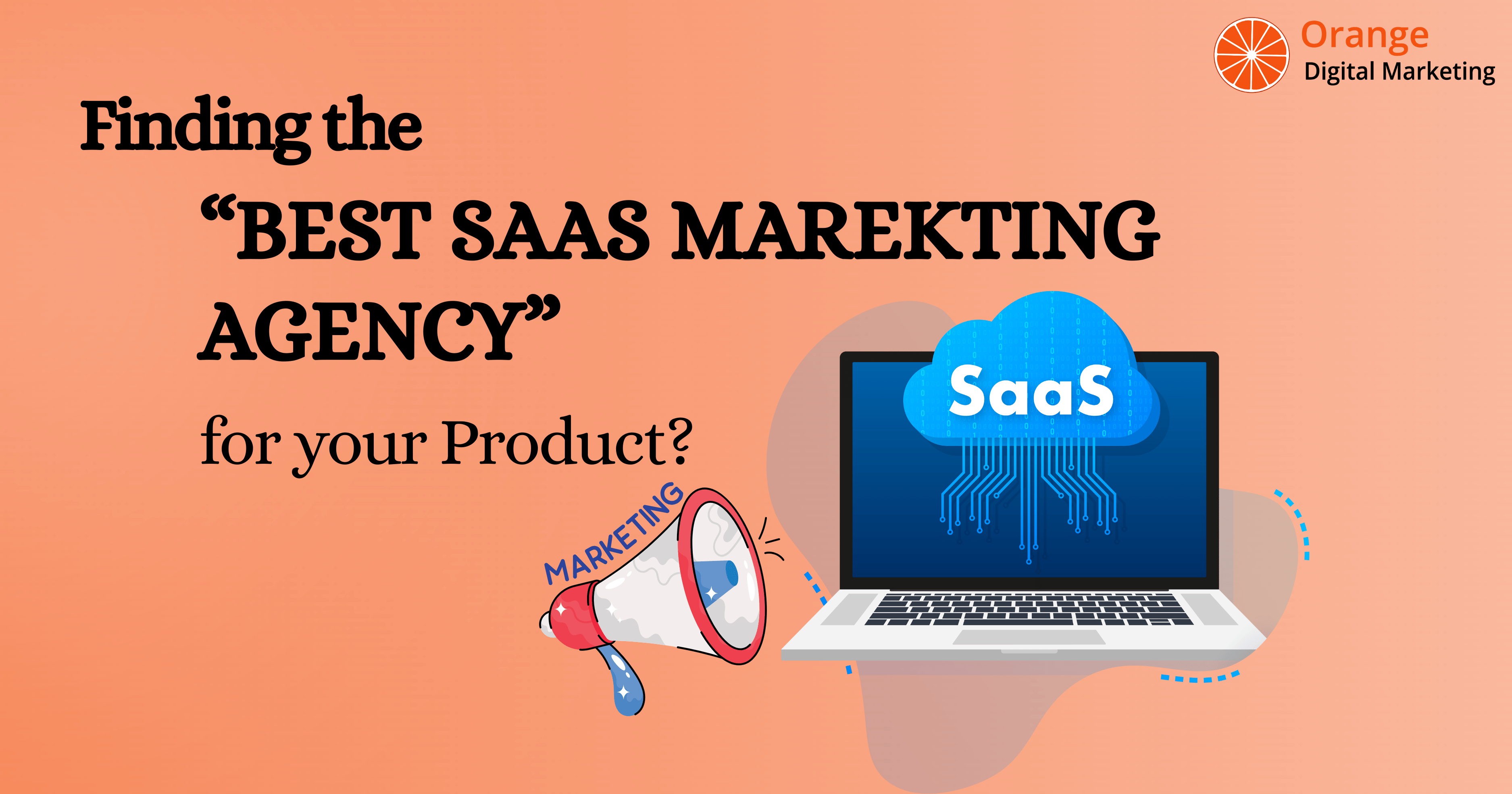Key Insights:
•AI in Digital Marketing can helps deliver personalized, efficient marketing campaigns that connect better with customers.
•AI helps automate repetitive tasks, giving people time to focus on strategy and creativity.
•AI's ability to process large volumes of data enables quick decision-making and reduces the time spent analyzing customer data.
•Ethical and transparent usage of data in AI will help build customer trust and legal compliance.
•AI in Digital Marketing offers powerful tools to perform various tasks such as creating content, generating images, developing ideas, designing infographics, providing website support and much more.
•In order to stay relevant, continuous learning and experimentation will be crucial.
Table of Contents:
1. A Look at AI Digital Marketing in the Current Landscape
2. The Value Brings from AI in Digital Marketing
3. How AI Digital Marketing Works
4. A Guide to Using AI in Digital Marketing
5. The Trends in AI Digital Marketing
6. AI Tools Every Digital Marketer Should Know
7. How to Measure the ROI of AI in Digital Marketing
8. Ethical Considerations When Using AI in Digital Marketing
9. Future Outlook: What’s Next for AI in Digital Marketing?
10. Conclusion
11. Frequently Asked Questions (FAQs)
Everyone is familiar with the word artificial intelligence today. It has changed the way people work in a short span of time, and marketing is no exception. With a wide array of tools that are now easily available to people across the globe, it is easy to create content, edit it, and produce marketing campaigns in a wide range of formats.
In this blog, we will explore the current state of AI Digital Marketing in the marketing industry, how it helps improve your digital campaigns, a couple of trends in the industry, and more. With this knowledge, you will be better equipped to use AI in Digital Marketing in your marketing Campaign efforts and take it to the next level.
Let’s dive in!
A Look at AI Digital Marketing in the Current Landscape
AI is no longer a thing of the distant future. It is a part of today's reality. Digital Marketing executives use AI for a range of tasks, including content creation, targeting specific groups of customers, and data analysis. AI helps process large amounts of data quickly, making it easy for executives to make difficult decisions.
AI also allows brands to offer personalized experiences by analyzing preferences in real time. Campaigns can be tailored to individual needs, and businesses can build stronger connections with their customer base. AI gives marketing executives insights that help them improve their strategies and efficiency, helping them adapt their campaigns quickly.
The use of AI has become a necessity for those in the marketing field, as it reduces their workload, gives brands personalized campaigns, and helps them stay adaptable in a competitive world.
The Value Brings from AI in Digital Marketing
Automation of Repetitive Tasks
One of the most significant benefits AI in digital marketing is automation. It efficiently manages repetitive tasks such as scheduling emails, posting on social media, and segmenting customers based on various criteria. By automating these routine activities, marketers gain valuable time to concentrate on higher-level strategic planning and creative work, which are crucial for campaign success.
Adding Personalization
Beyond automation, AI plays a vital role in improving personalization. By analyzing customer behaviour and preferences, AI in Digital Marketing helps marketers craft messages that truly resonate with individual users. This tailored approach increases customer engagement, encouraging more meaningful interactions with the brand.
Boosting Conversions and Loyalty
As a result, businesses often see improved conversion rates, turning interested prospects into loyal customers. Stronger customer loyalty, in turn, drives sustained business growth by fostering repeat purchases and positive word-of-mouth.
Overall, AI's combination of automation and personalization equips marketers with the tools they need to create more effective, efficient, and customer-focused campaigns.
From Digital Strategy to Success Start your Business with Orange Digital Marketing
How AI Digital Marketing Works
AI in Digital Marketing might sound complex, but at its core, it's all about helping marketers make smarter decisions using data. It processes large amounts of information quickly and spots patterns that would take a human hour—or even days—to notice. This helps marketing teams figure out what customers want, when they want it, and how best to reach them.
One way AI does this is through something called machine learning, which basically means the system keeps getting better the more data it analyses. Over time, it learns what works best and helps tweak your campaigns accordingly.
Then there’s natural language processing (NLP)—these powers things like chatbots and tools that can help write content. Chatbots can handle customer questions 24/7, while content tools help you come up with blog posts, captions, and more in a matter of seconds. All of this means your team can focus on the bigger picture while AI in Digital Marketing handles the heavy lifting in the background.
A Guide to Using AI in Digital Marketing
How do you actually use AI in digital marketing? Here are a few tips:
•Identify repetitive or data-heavy tasks: AI is ideal for tasks that deal with large amounts of data or are repetitive.
•Identify tasks that can be automated: Things like email campaigns and regular customer interactions can be automated using AI tools. Doing this can save you a ton of time and energy and help you focus on tasks that are more important.
•Measure your results regularly: It's essential to track your results regularly when you're using AI. See how your AI-driven tasks work in reality and refine your strategies as needed.
•Balance AI with human input: While AI has advanced significantly over the last few years and can handle a ton of complex tasks, nothing can replace human creativity and ingenuity.
Using a mix of AI and human insight, and regularly measuring your results, can help improve your marketing campaigns exponentially.
The Trends in AI Digital Marketing
Hyper-personalization
AI in Digital Marketing is making it possible to personalize marketing like never before. Instead of sending the same message to everyone, marketers can now tailor content to fit each customer's behavior and preferences. The result? Campaigns that feel more relevant—and perform better.
Voice and visual search
More people are using voice assistants and image-based searches to find what they're looking for. That means marketers need to optimize their content not just for text, but for how people speak and what they're visually searching for. It's a shift in how people discover products, and staying ahead of it can make a big difference.
Ethical AI
With so much data involved, there's a growing focus on using AI responsibly. Customers want to know how their information is being used. Marketers are starting to priorities ethical practices—being transparent, protecting user privacy, and making sure their AI tools aren't biased. This builds trust and keeps your brand on the right side of regulations.
Combining AI with another tech
AI is being used alongside other advanced technologies like augmented reality (AR) and blockchain. These combinations are creating more immersive, secure, and innovative experiences that keep audiences engaged—and coming back for more.
AI Tools Every Digital Marketer Should Know
Content Creation & Copywriting Tools
These tools use AI in Digital Marketing to help you brainstorm, write, and edit high-quality marketing content in minutes.
•Jasper – Great for blog posts, landing pages, and long-form content.
•Copy.ai – Fast and easy to use for ad copy, product descriptions, and emails.
•ChatGPT (by OpenAI) – Excellent for ideation, scriptwriting, and even basic SEO content.
AI-Powered Design & Visual Tools
Perfect for teams without a full-time designer—these tools make it easy to create scroll-stopping visuals.
•Canva (with Magic Design) – User-friendly design with built-in AI for layout and copy suggestions.
•Adobe Firefly – Generates images and design assets based on text prompts.
•Lumen5 – Turns blog content into videos automatically.
•Piktochart – Ideal for making infographics, presentations, and reports with AI help.
Social Media & Engagement Tools
Manage, monitor, and grow your social presence with smarter, data-driven decisions.
•Lately.ai – Uses AI to generate social media posts from long-form content.
•Buffer – Offers AI-powered content scheduling and analytics.
•Sprout Social – Includes sentiment analysis, social listening, and audience insights.
How to Measure the ROI of AI in Digital Marketing
Set Clear Goals and Identify KPIs
Measuring the return on investment (ROI) of AI in Digital Marketing begins with setting clear goals and identifying key performance indicators (KPIs). This includes factors like conversion rates, engagement levels, revenue growth, etc. AI tools come equipped with analytics functions that provide real-time insight into how your campaigns are doing, making it easier to track the impact of AI strategies.
Compare Pre-AI and Post-AI Performance
One key strategy is to compare performance before and after using AI in Digital marketing campaigns. This can help you accurately measure the impact AI has on your brand. You will be able to easily identify where AI has the biggest impact.
Consider Qualitative Benefits
It's also important to consider factors like improved customer satisfaction, quicker response time, and time saved on repetitive tasks.
Take a Holistic Approach
Combining these approaches helps build a sound marketing strategy that can help you optimize and improve your campaigns and measure performance accurately.
Ethical Considerations When Using AI in Digital Marketing
The use of AI in Digital Marketing also brings with it ethical concerns. As AI relies on huge volumes of data to operate, how this data is collected, stored, and used is a huge concern for customers. When companies are transparent about how they build AI models, it helps build trust among users and improves AI models through peer review and regulation.
Ideally, customers should be kept informed of how their data is used to generate marketing material, like who has access to personal data and what information is used to generate campaigns. That way, marketing firms can make sure they aren't breaking any laws and can work to build customer trust.
Because AI is trained on data, it can develop bias. This is a huge concern in the employment of AI in marketing, and should be actively addressed by using a wide range of data sets, prioritizing fairness and inclusivity in the models. This helps combat discrimination and ensures everyone's needs are addressed.
In the end, it is the brands that use AI ethically that can build a strong customer base and outlast the competition, while unethical use of AI may only result in short-term profits.
Future Outlook: What’s Next for AI in Digital Marketing?
The future holds exciting possibilities for AI, especially in the field of marketing. With AI advancing at an incredible pace, we will be able to create entire brands from scratch in a matter of minutes, including brand assets, commercials for social media and television, advertising copy for billboards, emails, and social media, and more!
With the development of AI technology, customers will be able to interact with new products and try them on in the comfort of their home, or anywhere else they choose. AI will open a world of possibilities for marketing and provide ways to customize experiences for each customer and tailor ads to their needs.
In order to stay relevant in this world, which is fast approaching, marketing executives need to stay on their toes and keep learning, experimenting, and growing with AI. It will help them connect better with their audiences and be quicker than the competition.
Conclusion
AI in digital marketing has transformed marketing landscape, changing the way campaigns are strategized, built, and tracked. It's reduced the timeline from months to a couple of hours for an entire brand strategy. People who take advantage of this insane processing power will stay ahead of the competition by gaining deep insights and operating their campaigns efficiently.
The use of AI in digital marketing can lead to increased conversion rates and customer loyalty. However, it is important for those in the industry to keep in mind ethical marketing practices and stay transparent on their use of customer data. This ensures that they are in line with regulations and don’t use sensitive information inappropriately.
Orange Digital Marketing is initiating AI Digital Marketing strategies to increase the ROI of their clients’ businesses, delivering top-notch digital marketing solutions. This initiative is adopted by only a few digital marketing agencies in Chennai.
Ultimately, the future belongs to those who use AI smartly and ethically to create meaningful, impactful marketing experiences.

Frequently Asked Questions (FAQs)
1. What is AI in digital marketing?
In digital marketing, AI is used to analyses large sets of customer data to come up with products and campaigns tailored to them. AI can be used for things like generating brand assets or writing informative blogs.
2. How does AI help with personalization?
Because AI works based on pattern recognition, it can give people customized suggestions that work best for their unique tastes. This can serve well in the field of marketing, helping campaigns connect with audiences better and improve their customer base.
3. Are AI marketing tools difficult to learn?
AI tools are designed to make it easy for people to use them and require little to no technical skills. This means that most people will be able to pick up AI tools easily.
4. Will AI replace marketing jobs?
There will always be jobs for those in the marketing industry. While AI can reduce the workload and make a lot of tasks easier, nothing can replace human ingenuity and the ability to connect with people.
5. What privacy issues come with AI marketing?
As AI functions by analyzing large pools of data and learning from the patterns it recognises, the biggest issue is privacy and security. It’s up to marketing professionals to be ethical in their use of AI and be transparent to build trust with their clients.





